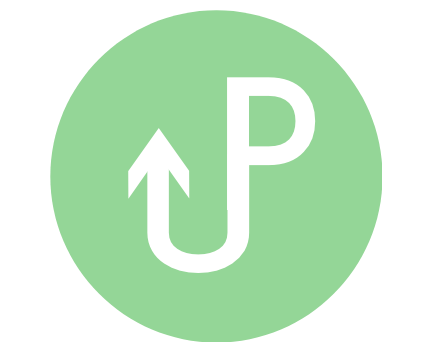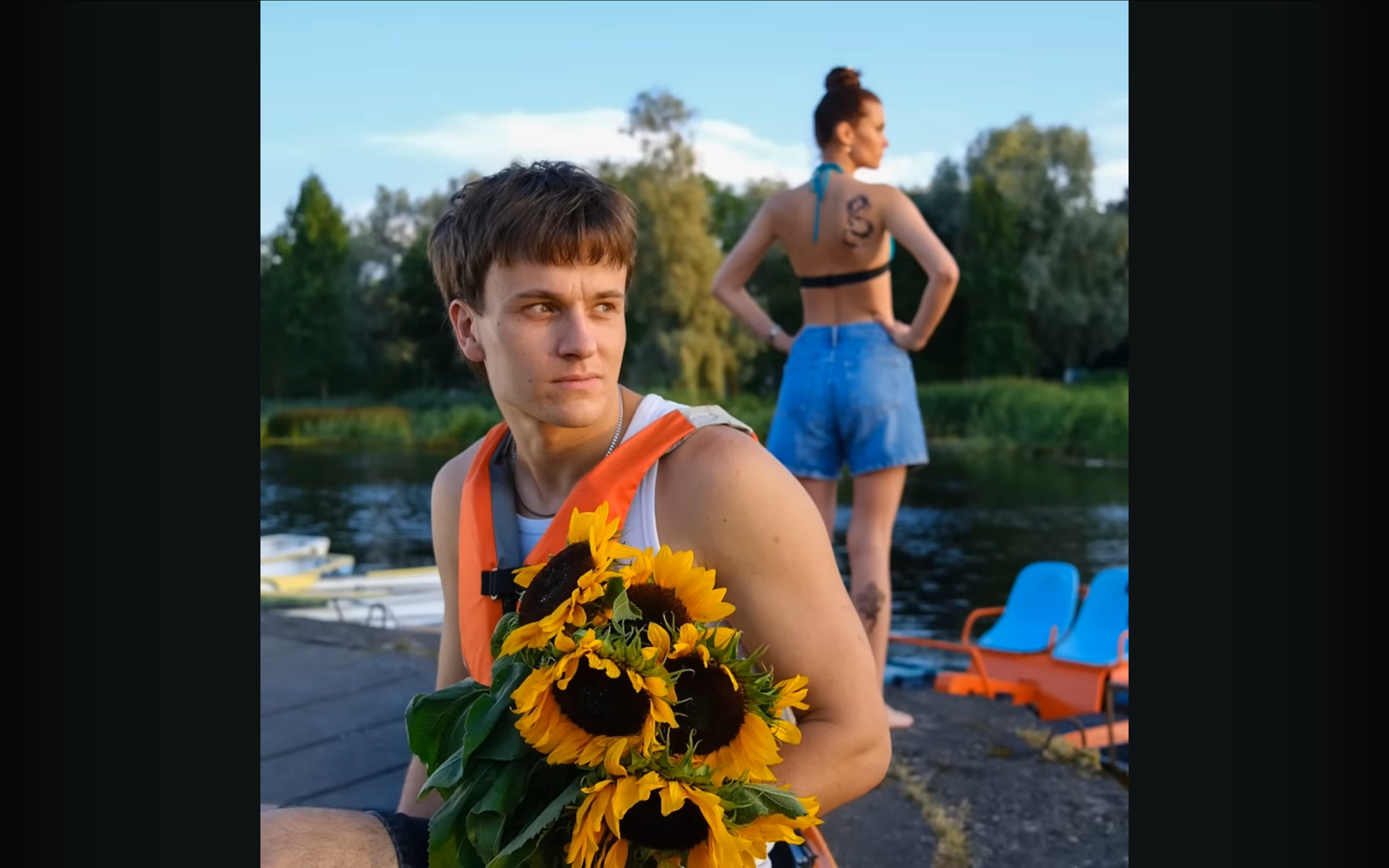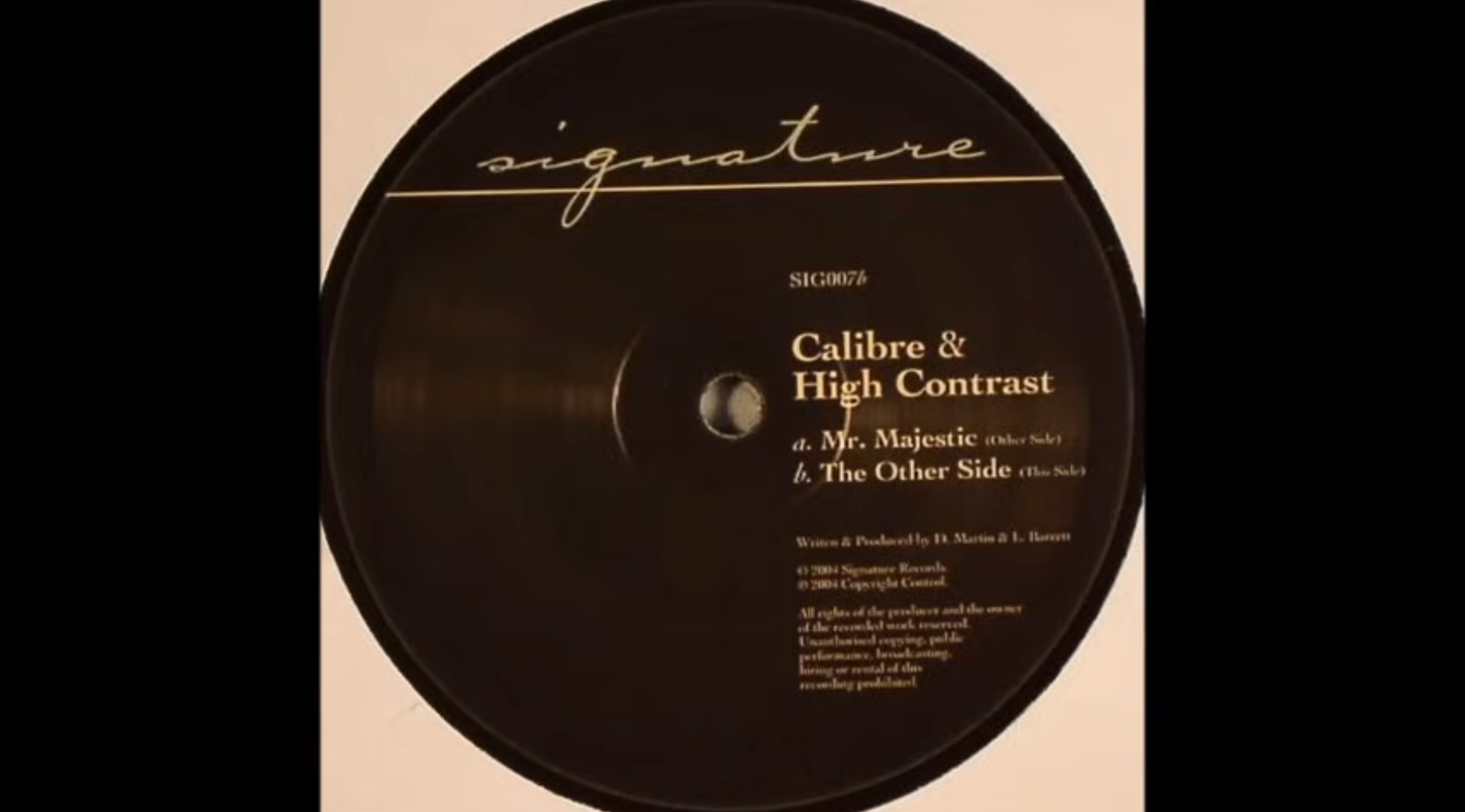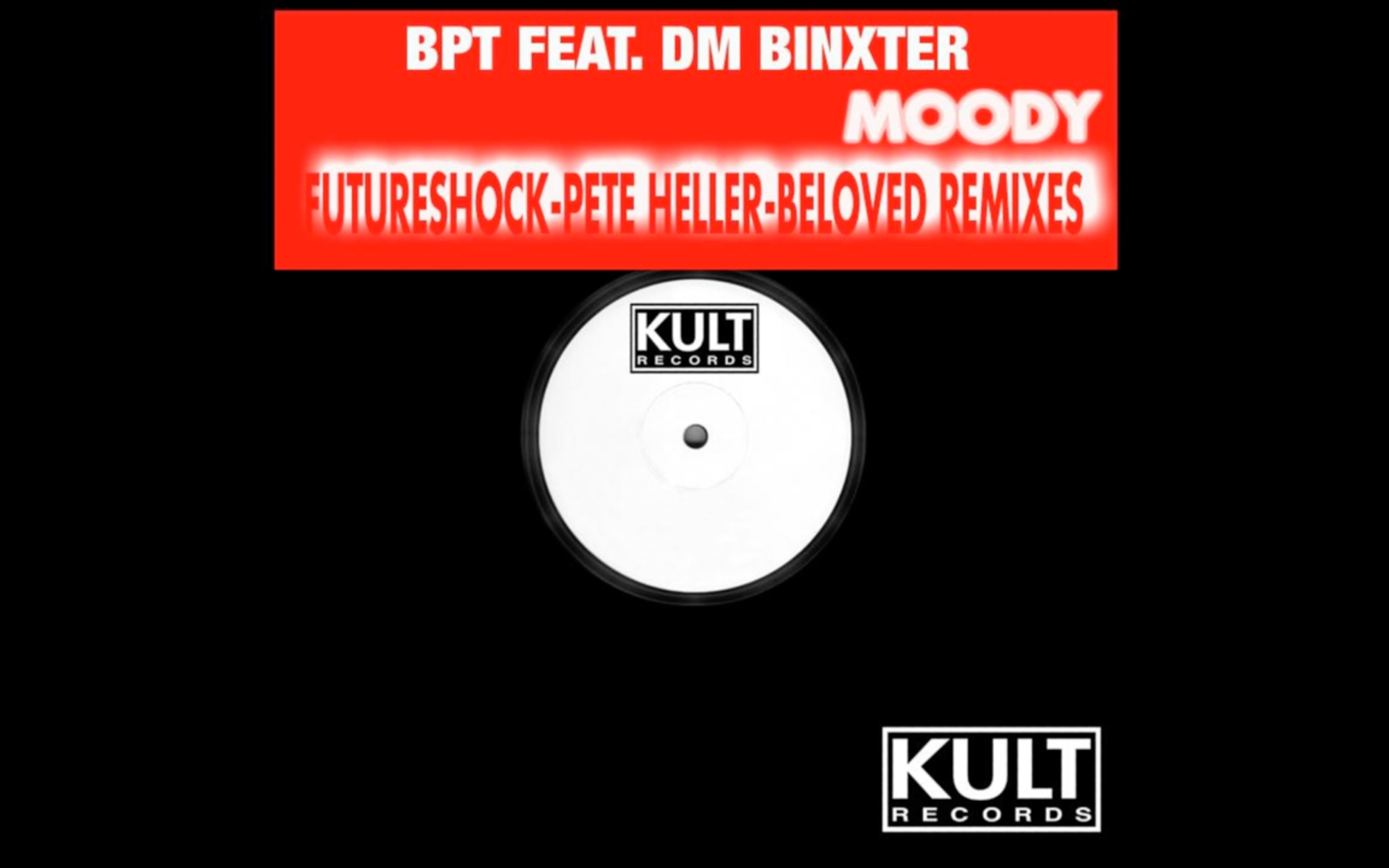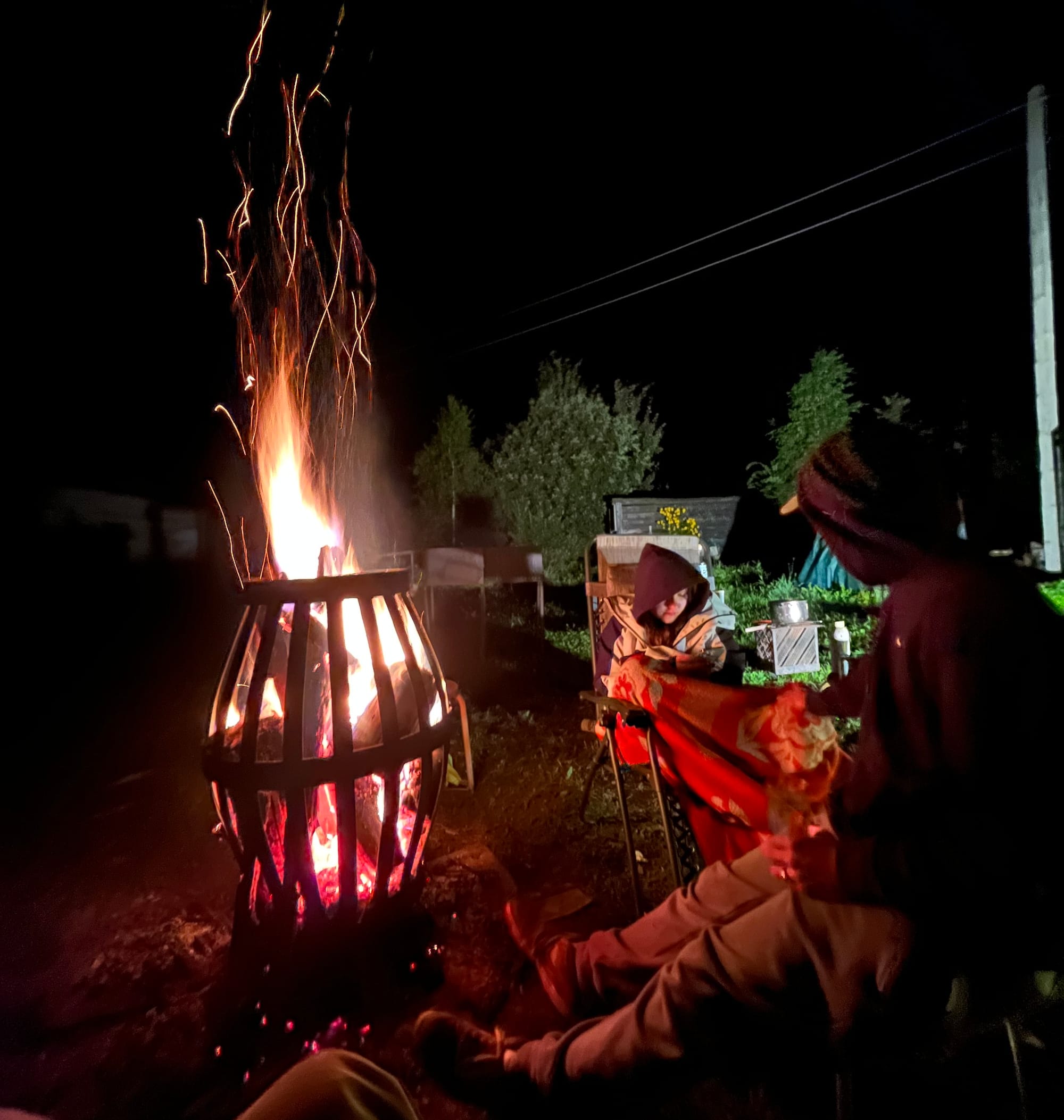How to get into the Flow
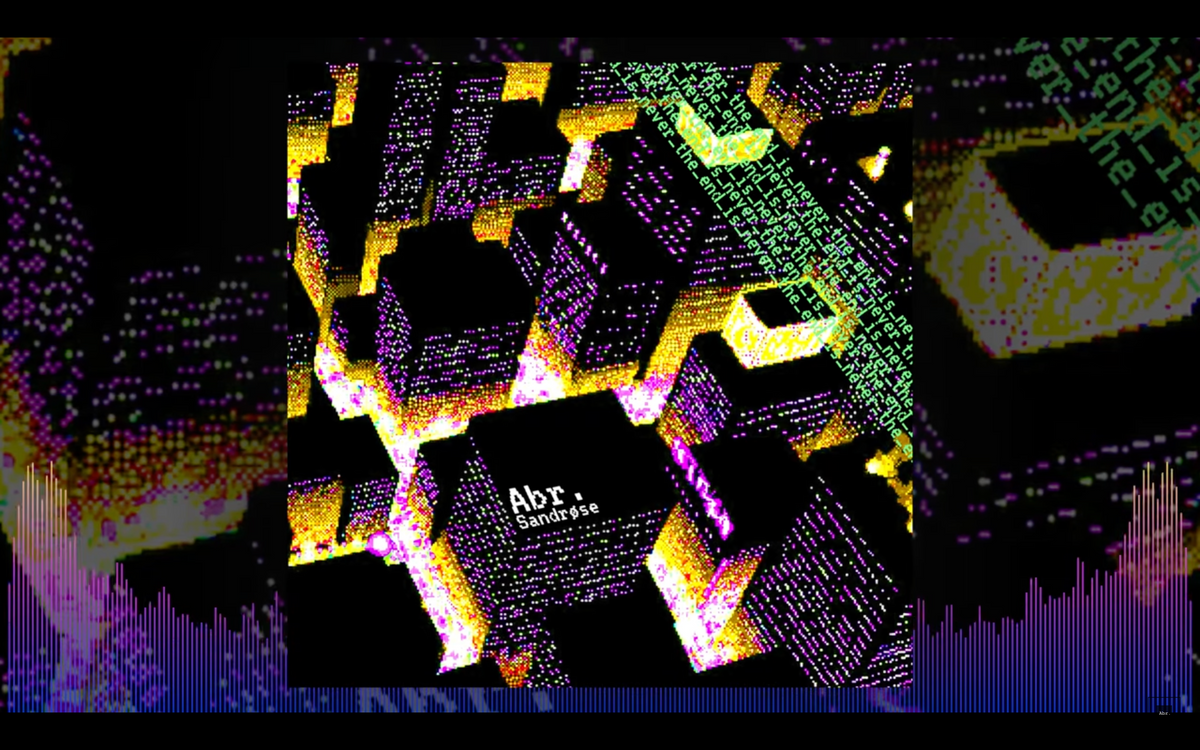
“There’s this focus that, once it becomes intense, leads to a sense of ecstasy, a sense of clarity: you know exactly what you want to do from one moment to the other; you get immediate feedback.” Mihály Csíkszentmihályi
Flow is a mental state in which you are fully immersed in the enjoyment of the activity at hand. The term was coined by Goethe and popularised by Mihály Csíkszentmihályi in 1975. This state can be reached through sports, puzzles or any sort of activity for that matter. I find that it is interesting to try to cultivate this for work or education-related tasks.
The state of flow implies we are dealing with a task that is of perfect difficulty. It must not be too easy otherwise we get bored and not too hard either because we can lose motivation. The choice of task is important since it determines whether or not we can stick to it for an extended period of time.
How I get into the flow state
I will now explain how I entered the flow state these past few weeks for studying. This is my experience, not the final truth, take it with a grain of salt and try things out for yourself.
- No planning, only action.
I do not plan a lot in advance before studying. I just time-block a slot in my calendar for a certain subject but that's it. I use a retrospective revision calendar. This means if I study a certain chapter, I mark this chapter in the calendar with a colour to show my proficiency in the chapter. This renders the choice of chapters down to a select few when study time comes around.
Once I have chosen a chapter I just need to get going. Action is the catalyst for flow. In physics and chemistry, I first create an active recall system on Notion. For maths, I make flashcards with the most important aspects of the chapters. When further into revisions I either go over my active recall or do exercises. All the above-mentioned activities qualify as flow-approved.
- The time of day.
If possible I really enjoy studying and doing deep work between 9 and 11 A.M. It is my moment of highest energy. Since this time slot rarely is open for me in prépa I have to settle for the afternoon or sometimes evening study sessions in which getting in the flow is more difficult but still doable.
- Silence VS Music
If I am in the best possible state of mind I prefer to not use any music when working. Silence is the best. Sometimes when there is outside noise I put on my noise-cancelling headphones without music to just be in silence.
Other times, especially when studying for the last exam of the week, an extra push is necessary. In those times I try to listen to PITP or some low-key jazz. If even that is not enough energy I listen to my liquid playlist or some techno mix, this is in the last effort to get some work done. Still, when possible, no music is better for concentration.
- Snack 4 energy
When setting up my study session I like to make a cup of coffee or tea. If I have some little snacks at home then I will also put that within arm's reach, this helps keep my energy up. Of course, a filled bottle of water on the table is non-negotiable. Stay hydrated!
- Phone and distractions
It's simple really. I put my phone on Work Focus (Do not disturb, but more specific) so that not a single notification comes through. The next step is putting my phone over a metre away so that I have to go out of my way to actually fetch it.
That's about it for my methods. There is a lot more out there to explore, but the main idea stays the same. Create an environment in which it is possible to stay focused and then just do it. The flow will follow.
This Week's Suggestions:
🎶 "The end is never the end" by Abr. and Sandrøse:
This song came on my radar when I joined bpm, the techno association of my school. It is the melody that sticks with me. Very vibey techno song!
This video is a lovely summary of the flow state by Steven Kotler. It breaks down the concept in a simple way and I really appreciate it when people are able to do that.
Steven Kotler explains the flow state.
I hope this was helpful!
P.S. The reason for the delay is that I truly believed that the post had gone live, yet it was not the case. My bad!
